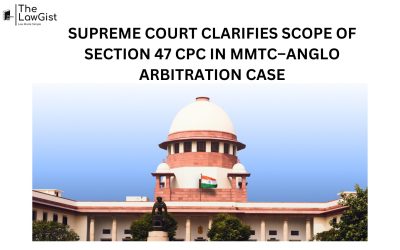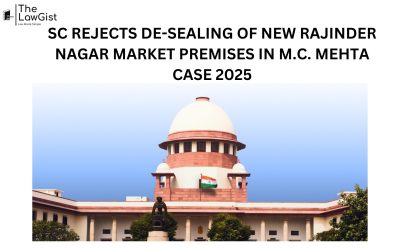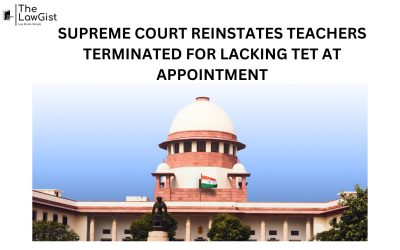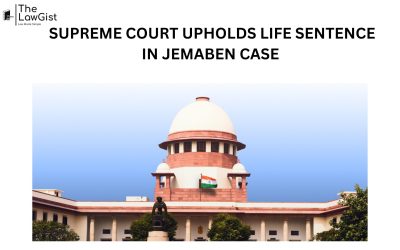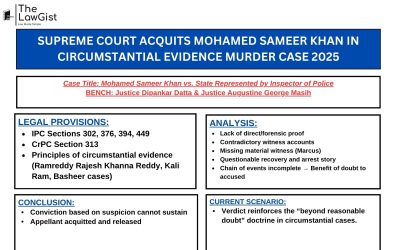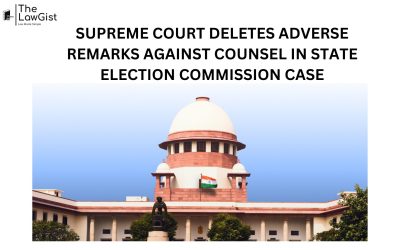
Landmark Judgment: Supreme Court emphasizes legal finality and strict limitation in civil suits.
SUPREME COURT RULES ON TIME-BARRED PROPERTY DISPUTES AND ABUSE OF CIVIL REMEDIES
| ASPECTS | DETAILS |
| CASE TITLE | R. NAGARAJ (DEAD) THROUGH LRs. AND ANOTHER vs. RAJMANI AND OTHERS |
| INTRODUCTION | A civil appeal before the Supreme Court questioned whether a second suit challenging an old decree related to joint family property was barred by limitation. The litigation spanned over decades involving maintenance decrees, auction sales, and subsequent property transfers. |
| FACTUAL BACKGROUND | The case originated from a joint Hindu family headed by Rangappa Gowdar. In 1965, a maintenance suit was filed by the wife and daughter of Samiappan (a family member), which resulted in a decree and subsequent auction of the ‘A’ schedule property in 1970. This property changed hands several times, ultimately being acquired by the appellants. In 1982, after a 17-year delay, the daughters and wife of another family member, Dasappa Gowdar, filed a fresh suit seeking to set aside the original 1965 decree and claim partition of properties, alleging lack of knowledge and fraud. |
| LEGAL ISSUES |
|
| APPLICABLE LAW |
|
| ANALYSIS | The Trial Court and First Appellate Court concluded that the 1982 suit was barred by limitation since the plaintiffs had knowledge of the 1965 decree and failed to act within the prescribed period. Despite the High Court’s direction to re-try the case for lack of a specific limitation issue, the Supreme Court found that the issue was adequately addressed and argued. |
| CONCLUSION | The Supreme Court allowed the appeal, overturned the High Court’s remand order, and reinstated the judgments of the Trial and Appellate Courts. It held that a separate issue need not be framed when the matter has been argued and decided as part of broader legal considerations. |
| CURRENT SCENARIO | As of April 2025, the Supreme Court has brought closure to the matter. The original dismissal of the 1982 suit stands reinstated, securing the rights of subsequent purchasers and upholding the integrity of the limitation period under law. |
CASE SUMMARY – In this case, Supreme Court resolved a long-standing property dispute involving a joint Hindu family, auction sale, and a belated suit filed after 17 years. The core issue was whether the suit challenging the 1965 decree was time-barred. The Trial and Appellate Courts dismissed it based on limitation, but the High Court remanded it citing the absence of a specific issue on limitation. The apex court overruled the remand, upholding the lower courts’ dismissal. It emphasized judicial efficiency, adherence to Section 100 CPC, and the imperative to prevent stale claims. The decision safeguards property rights and legal certainty.
“Limitation is not just procedural—it’s a statutory command, and stale claims disturb the finality of settled rights.”
SUPREME COURT RULES ON TIME-BARRED PROPERTY DISPUTES AND ABUSE OF CIVIL REMEDIES
SOURCE –


